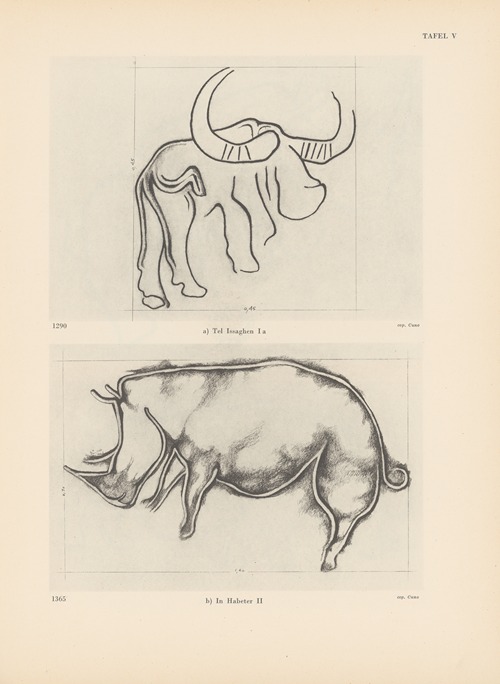
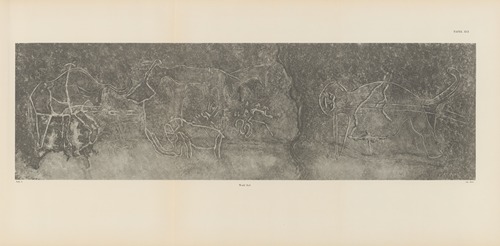
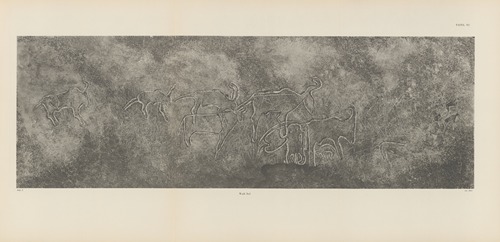
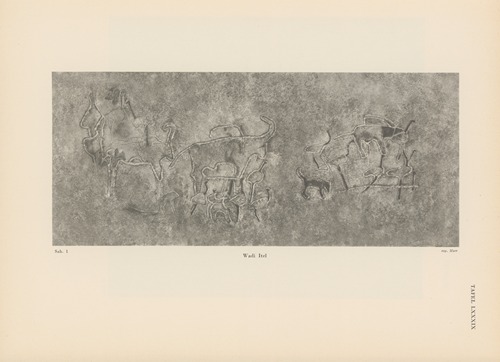
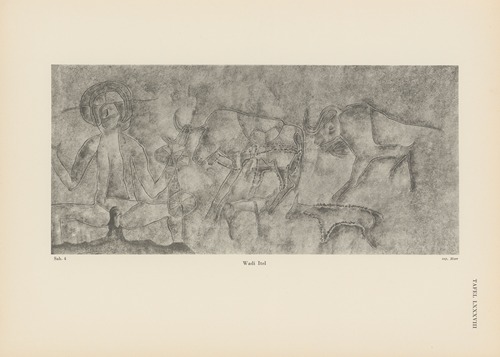
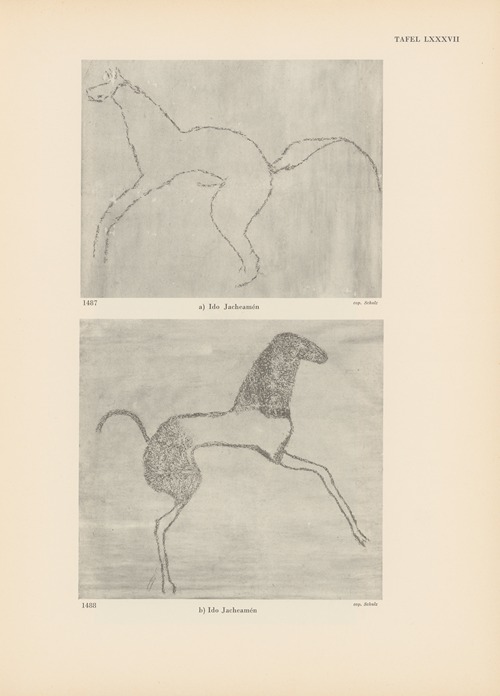
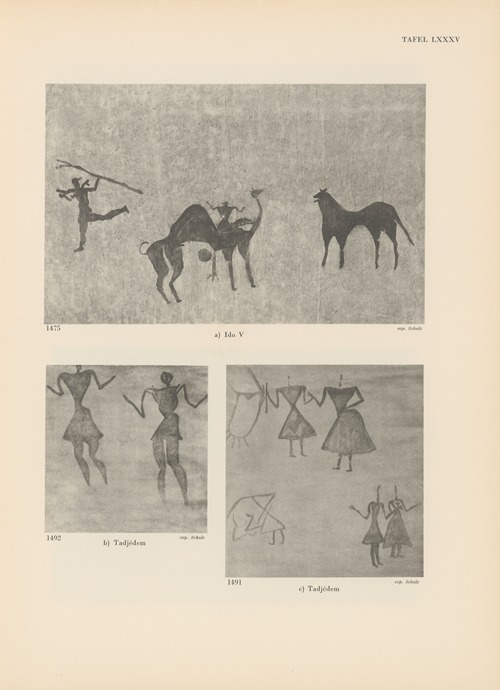
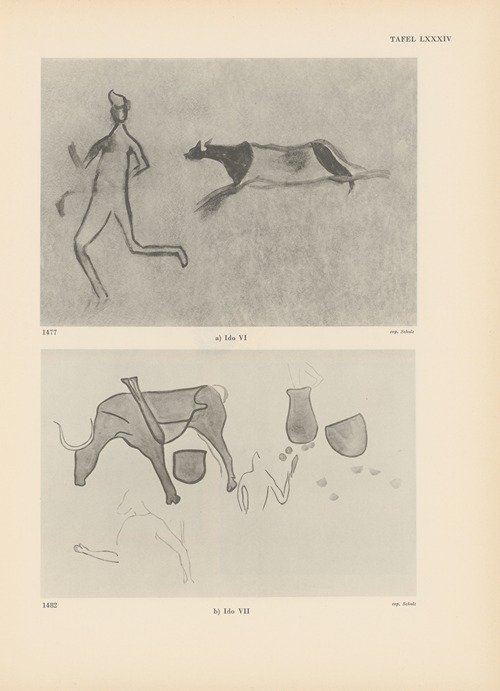
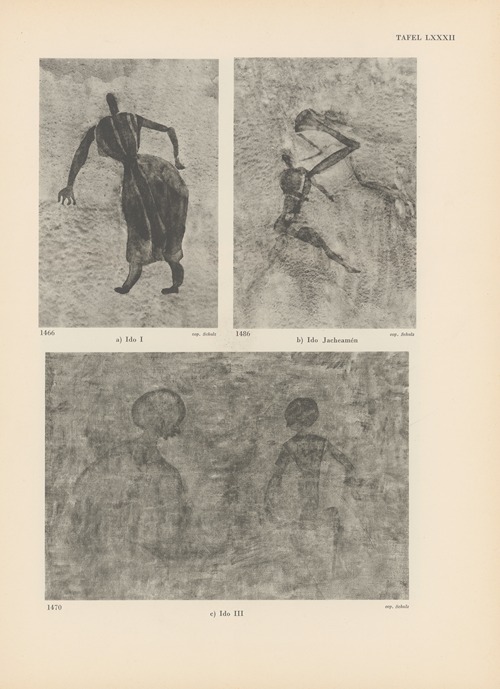
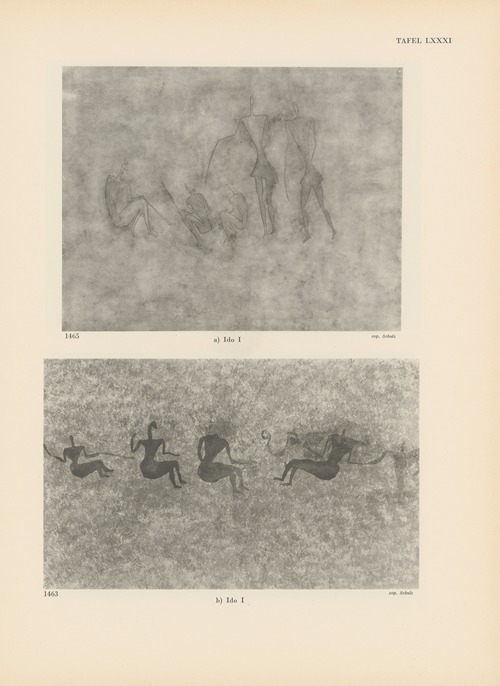
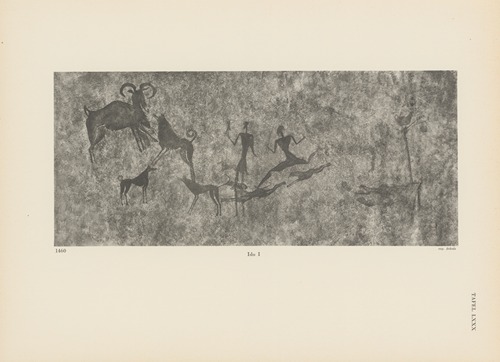
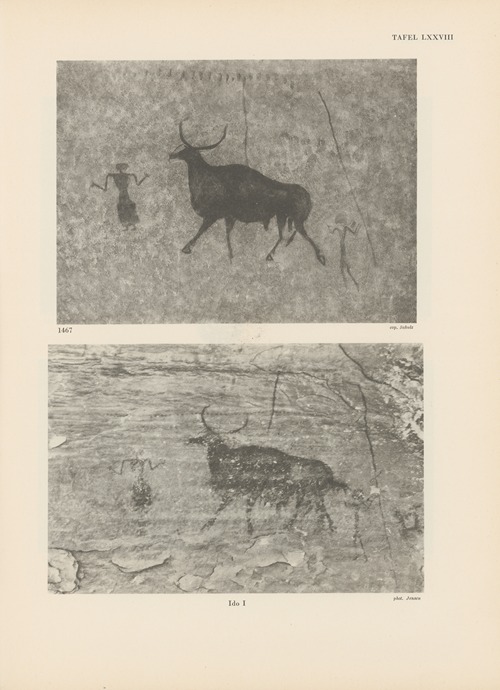
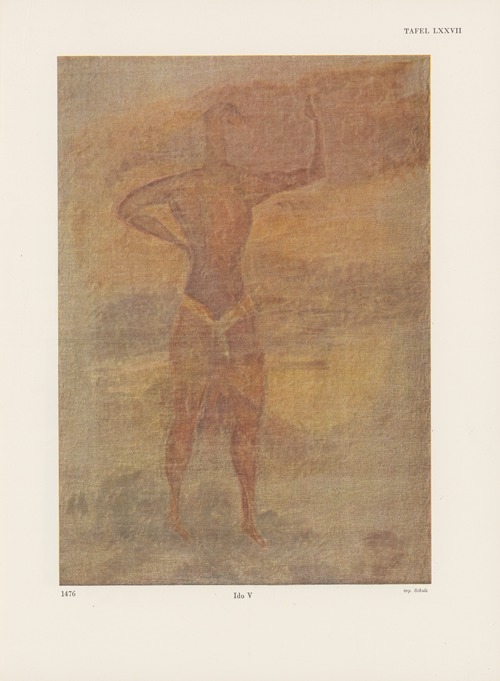
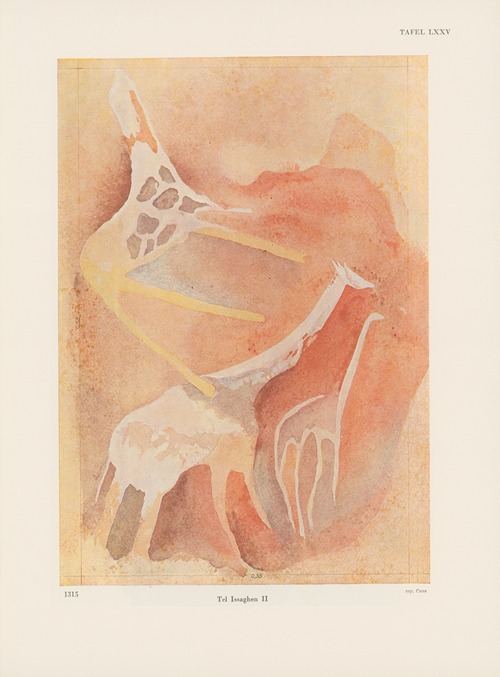
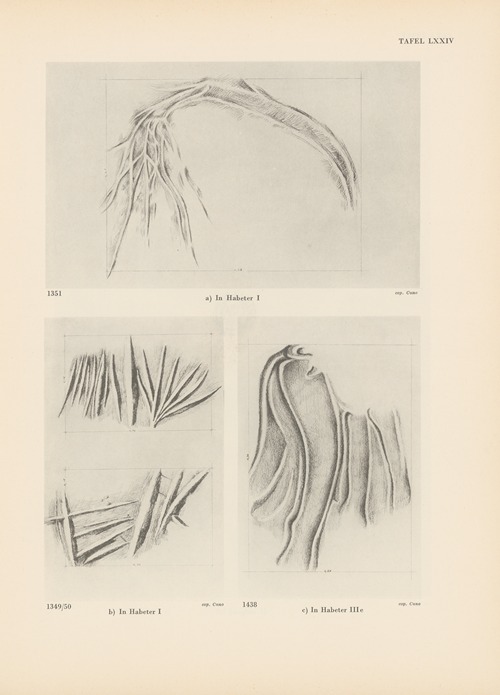
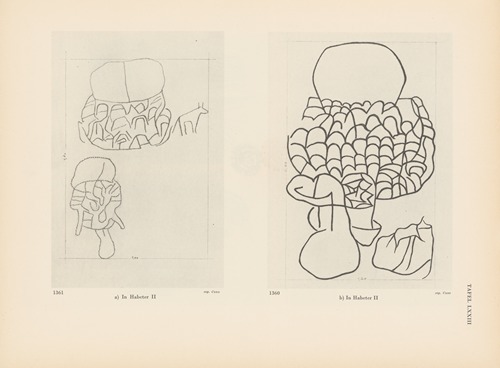
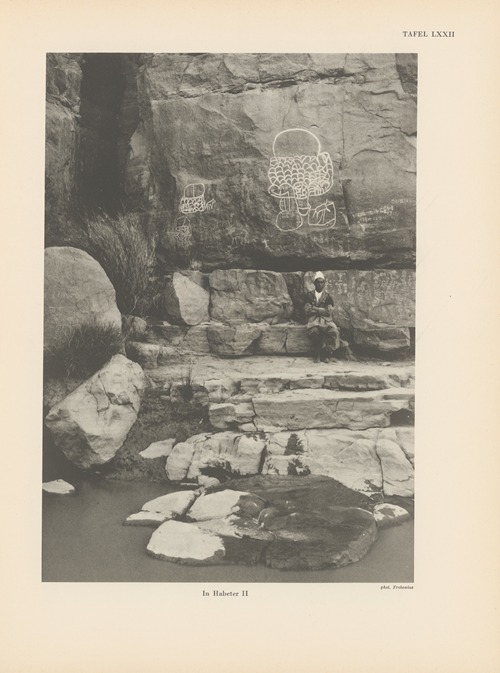
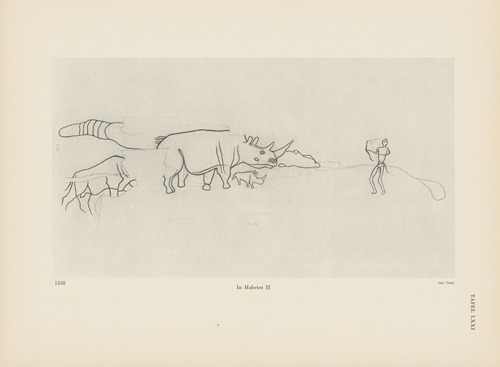
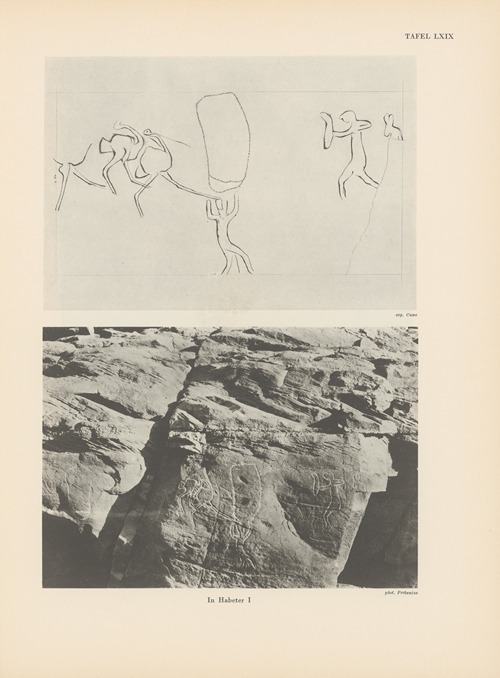
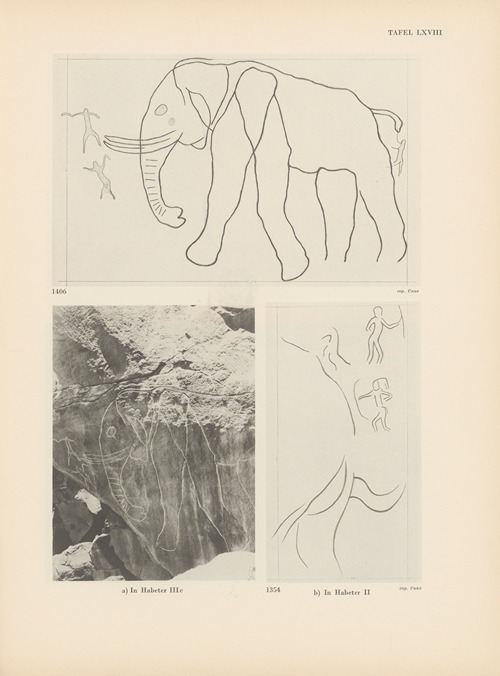
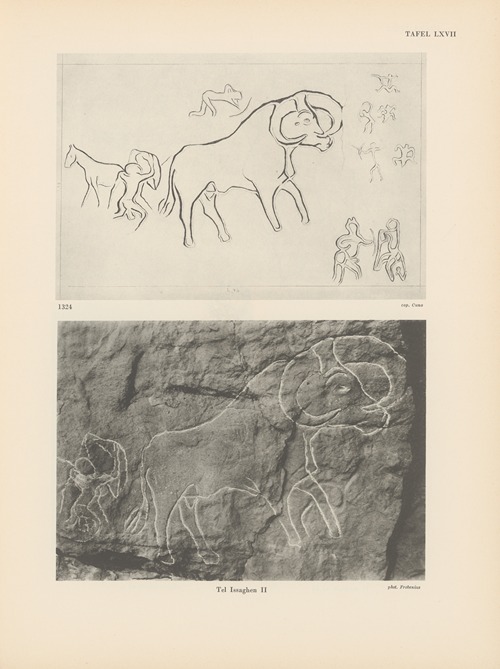
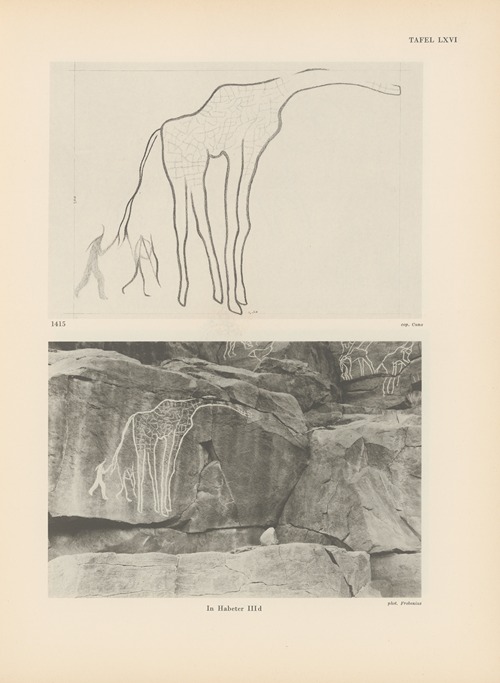
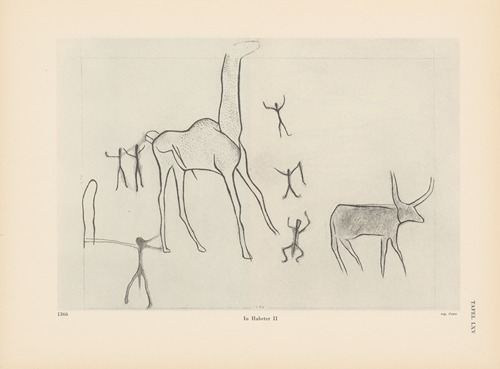
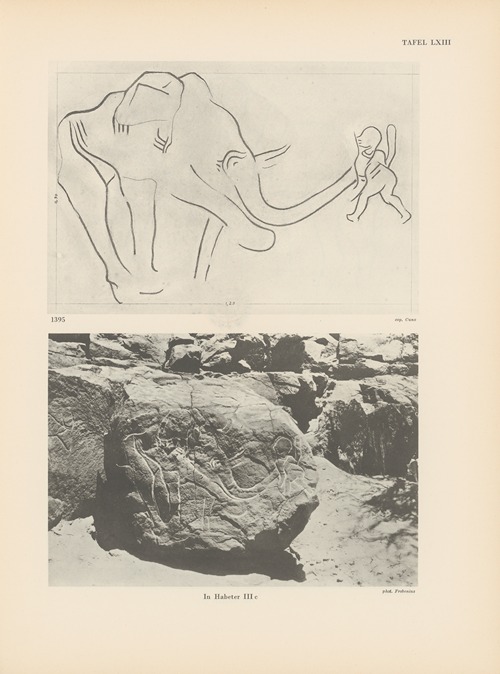
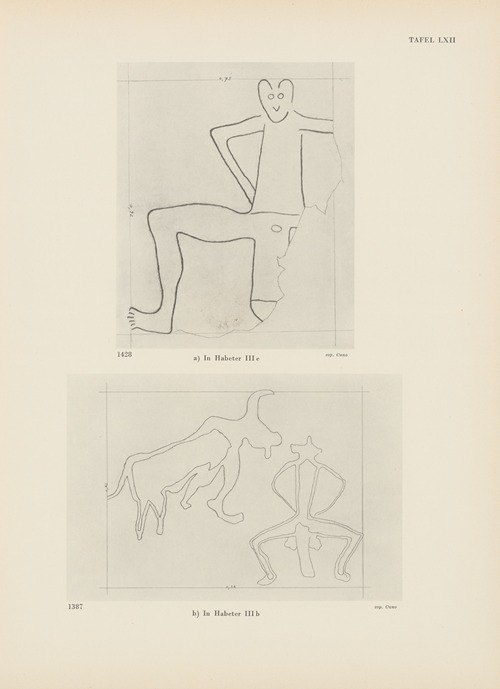
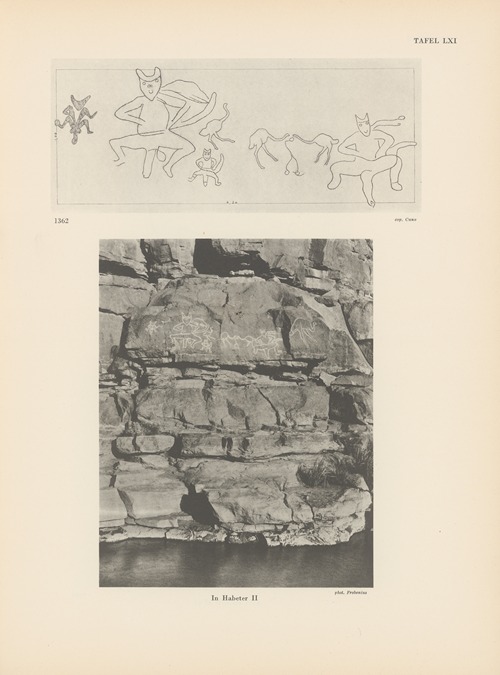
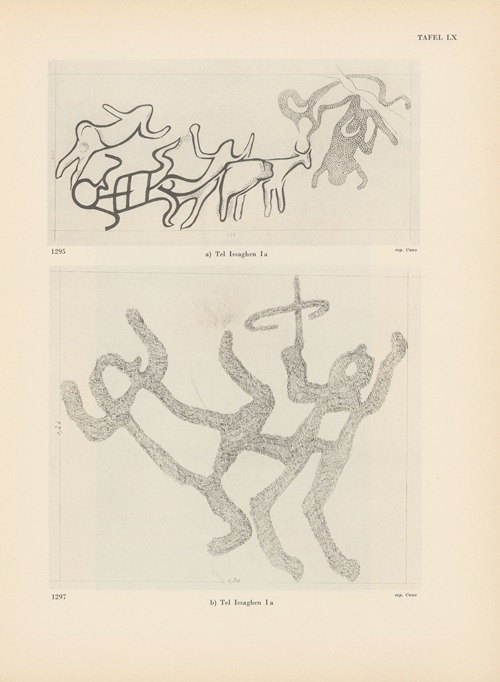
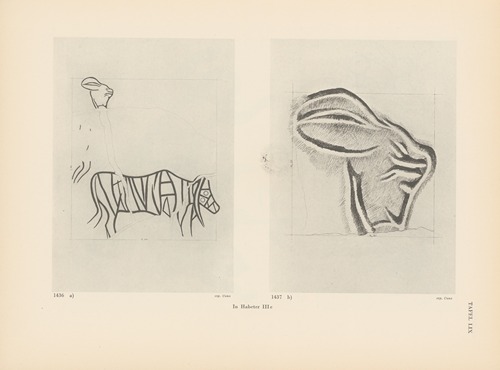
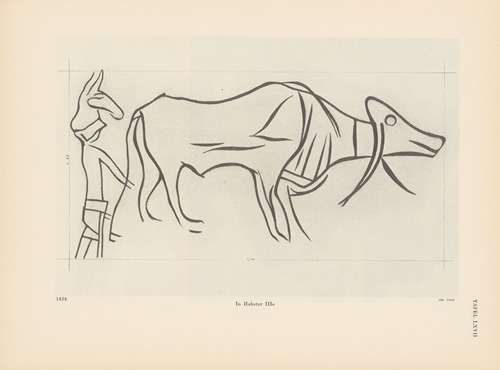
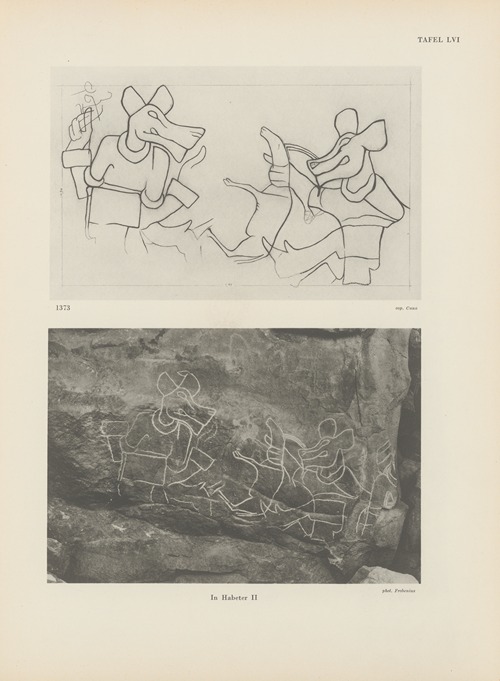
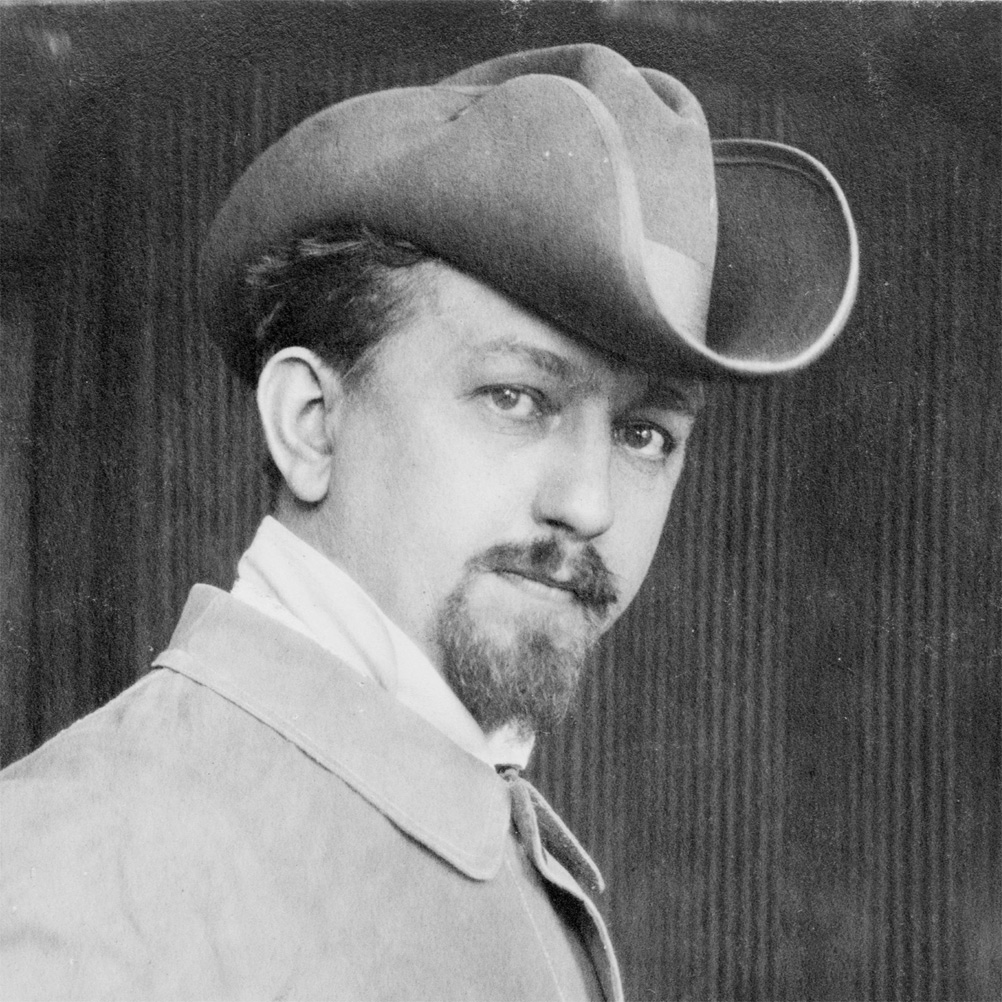

Leo Viktor Frobenius was a German self-taught ethnologist and archaeologist and a major figure in German ethnography.
He was born in Berlin as the son of a Prussian officer and died in Biganzolo, Lago Maggiore, Piedmont, Italy. He undertook his first expedition to Africa in 1904 to the Kasai district in Congo, formulating the African Atlantis theory during his travels.
During World War I, between 1916 and 1917, Leo Frobenius spent almost an entire year in Romania, travelling with the German Army for scientific purposes, as well as undertaking covert missions in Arabia and Ethiopia in 1914-1915. His team performed archaeological and ethnographic studies in the country, as well as documenting the day-to-day life of the ethnically diverse inmates of the Slobozia prisoner camp. Numerous photographic and drawing evidences of this period exist in the image archive of the Frobenius Institute.
Until 1918 he travelled in the western and central Sudan, and in northern and northeastern Africa. In 1920 he founded the Institute for Cultural Morphology in Munich.
Frobenius taught at the University of Frankfurt. In 1925, the city acquired his collection of about 4700 prehistorical African stone paintings, kept at the University's institute of ethnology, which was named the Frobenius Institute in his honour in 1946.
In 1932 he became honorary professor at the University of Frankfurt, and in 1935 director of the municipal ethnographic museum.





























